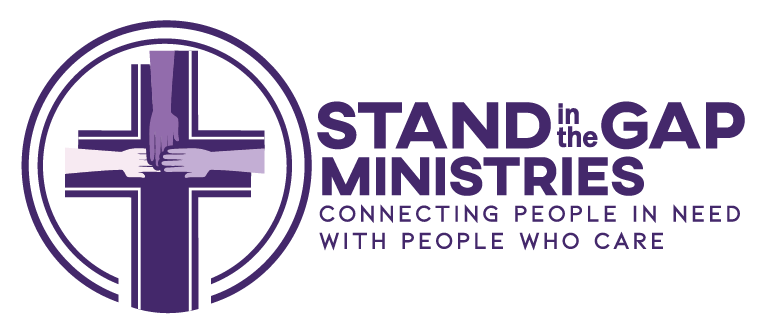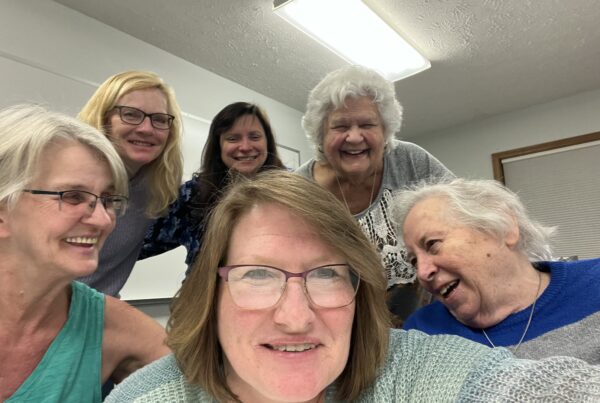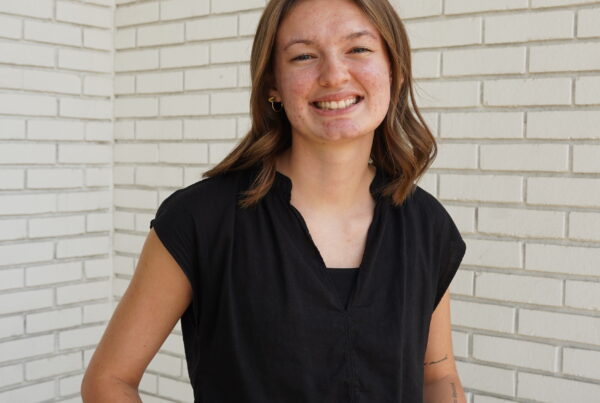Stages Of Grief…
When I was 18, I started college and studied sociology with an emphasis on family studies. I am at my core a learner and I loved my degree field and all that I learned in those 4 years. I learned about why we do the things we do. Why family is important. Why are families structured the way they are? I learned about how our mind works and how our mind can be altered by certain factors, triggers, traumas and upbringing, but until I lost my husband at 36, I never truly understood what all that learning meant or how it would help me to survive the coming days, months and years.
I had the book knowledge, all the learning and hours in a class studying and observing, but until I faced my own trauma and tragedy I did not understand how trauma and loss truly affects us. I also learned about the stages of grief and what they looked like and meant. Most of us have heard those stages: denial, anger, bargaining, depression and acceptance. They look (to the outside world) like a linear line with a consistent movement from one to the next and it looks like it will be hard, but doable, but what if I told you that grief is not done in a linear path and that the stages don’t move from one to the next in a simple version? All of my years learning and studying didn’t prepare me for what the stages of grief truly look like.
Grief is anything but simple and does not follow an easy path. I am the first to acknowledge that the stages of grief exist during the grieving process, but they are nothing simple and do not show the true image of what grief does to you. Grief takes you through all of the stages and then back through one of them again and then back to the other and then truly never ends at some easy door of acceptance. Yes, you accept that your person is gone, but your heart always misses and never truly understands or accepts that things are forever changed. Grief is like a roller coaster with loops and hills named denial, anger, bargaining, depression and acceptance and you never know what loop is coming next. You don’t know if you’ll go backwards and do another loop through denial or depression even if you passed acceptance.
Quite simply grief is not an easy, explainable or linear process. So, you are probably thinking, “will I ever get through my grief?” Or you might be thinking, “how do I help my grieving friend through their grief if there is truly not an end to grief?” What I say to those questions is you don’t truly ever “get through” grief. You come to a different place and you truly become a different version of yourself. Not everyday will feel like that roller coaster anymore, but you’ll still be changed and processing through your grief. For your friend that is grieving, you display patience. You let them process through their grief with you because they know that it is a safe place. You never tell them they should be at the acceptance stage and should now be okay. You recognize that their grief has changed them and you love them anyway.
So, have I moved through those stages and how does my grief still affect me and my relationships 6 years later? It truly depends on the day and the challenges I’m facing, but I can tell you that it has changed me. It may be a type of acceptance, but I still mourn. I still have sad days and I still have moments where I feel like I’m going backwards through the roller coaster of those stages, but then I recognize that grief has changed me (and not all in bad ways) and I’m going to be okay.
People often ask my husband what it is like to be married to a widow and he will tell them honestly that it isn’t always easy because grief affects us extensively. It makes holidays hard, it makes milestones in life hard and he knows that I will always have a part of me that loves my late husband. The other joyous part of being married to a widow is that we know that each day is precious and we love others knowing that each moment we have together may be our last. Grief is definitely not through easy, linear stages, but if you allow God to work in you and give you daily strength you can use your grief to help others and learn to love in new ways!

Amy Woody
Amy Woody brings her personal experience and passion for helping others to her work with widows. She wants you to never forget you have a purpose and a God-given calling placed on your life, no matter what you've been through! Use your hurt to help others!



